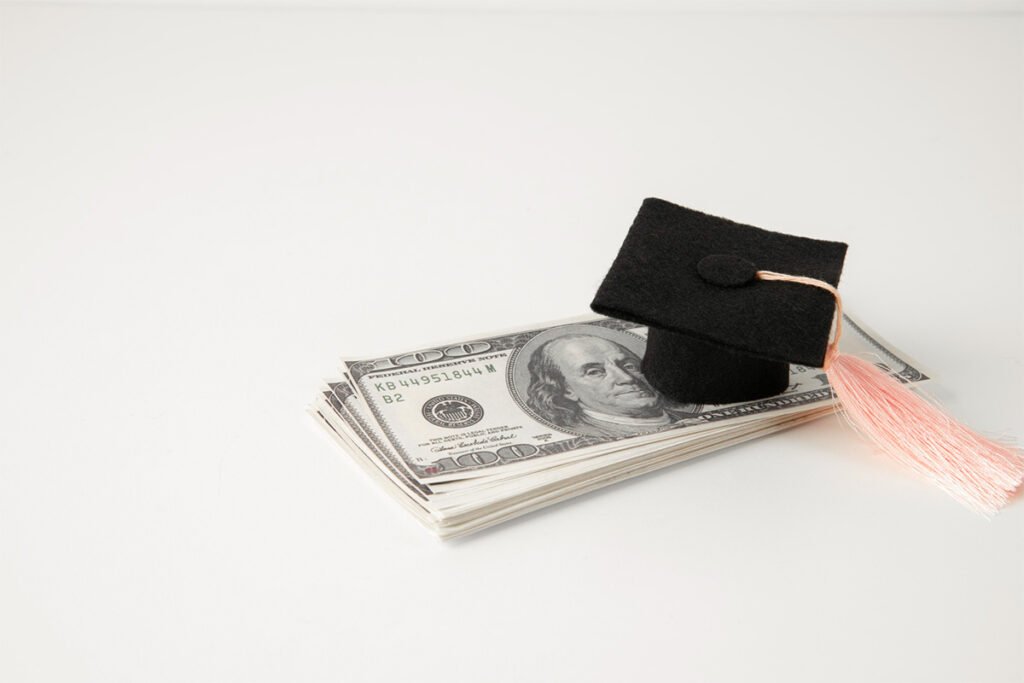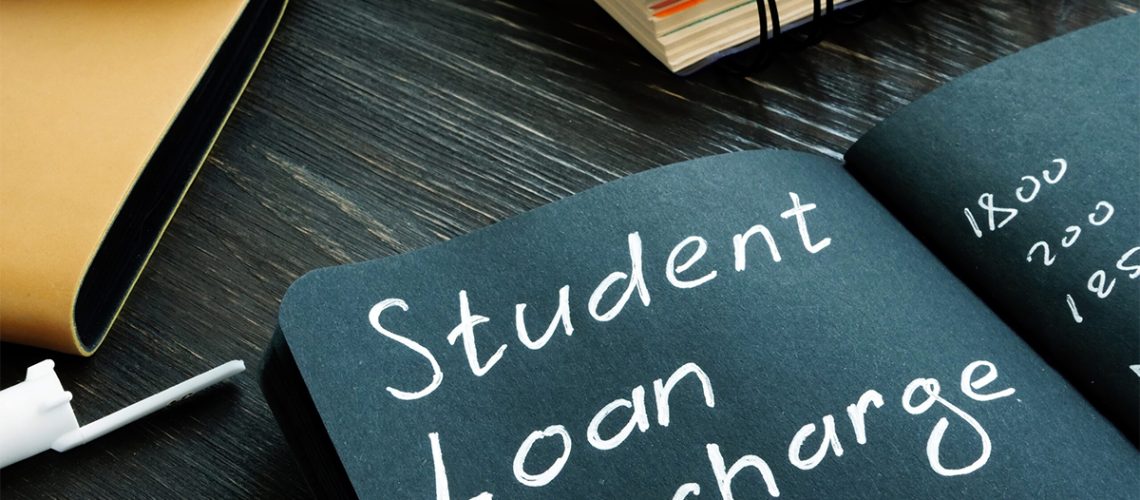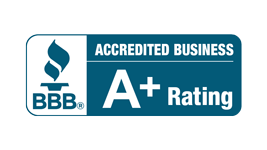Student Loan Debt Crisis in The US
The student loan debt crisis in the US has become a significant issue. As of March 2023, there are approximately 44 million Americans who have a total of $1.6 trillion in student loan debt. [1]
The increasing number of borrowers walking away from debt from student loans in bankruptcy reflects the severity of the crisis, with many struggling to make ends meet and facing insurmountable financial burdens. Minority borrowers, in particular, face significant challenges in managing college debt, with higher dropout rates and lower earnings exacerbating the impact of student loan debt.
The impact of student loan debt extends beyond individuals, affecting the economy as a whole. High levels of student loan debt can delay major life milestones such as buying a home or starting a family, hindering economic growth.
The Current State of Student Loan Discharge in Bankruptcy
Student loan discharge in bankruptcy has been a topic of much debate and concern in recent years. As the cost of higher education continues to rise, many borrowers are saddled with significant student loan debt that they cannot repay.
Many people assume you cannot discharge student loans in bankruptcy. Bankruptcy and student loans don’t mix well. It has always been nearly impossible to discharge student loans in bankruptcy, but there are ways to pursue this relief.

Difficulty in Discharging Student Loans Compared to Other Types of Debt
Discharging student loans in bankruptcy presents unique challenges not typically faced when discharging other types of debt. One major hurdle is the separate lawsuit that must be filed against the government to prove “undue hardship” to discharge student loans, which is a complex and time-consuming process.
Undue hardship is not a term defined by law. Bankruptcy courts, in evaluating student loan discharge in bankruptcy cases, have established standards, rules and tests which vary by jurisdiction. The judge makes the call.
Typically debtors only need to demonstrate their inability to pay their debts to be granted a discharge. Many lawyers are reluctant to take on student loan discharge cases due to the added difficulty and uncertainty compared to other bankruptcy cases.
This can leave student loan borrowers struggling to find legal representation, further complicating the process. Other types of debt can often be discharged much more easily.
Federal Student Loans and their Eligibility for Discharge
To discharge federal student loans in bankruptcy, individuals must meet certain eligibility criteria. This includes demonstrating “undue hardship,” which involves proving that repaying the loan would cause an undue burden on the debtor and their dependents. [1]
Recent initiatives such as the “Borrower Defense to Repayment” and “Total and Permanent Disability Discharge” may impact the process, providing additional pathways for discharging federal student loans in certain circumstances.
Factors that determine eligibility for discharge include the debtor’s income, expenses, and ability to maintain a minimal standard of living while repaying the loan. Recent changes in federal policies may also impact the eligibility criteria for discharging federal student loans in bankruptcy.

Factors Considered in Determining Undue Hardship
Factors that are considered in determining undue hardship for student loans include living in poverty, inability to maintain a basic standard of living, and making a good-faith effort to repay the loans. Courts use the Brunner test to evaluate whether paying back student loans poses an undue hardship.
In addition to the Brunner test, the “totality of circumstances test” is also used by courts to evaluate undue hardship. This test takes into account multiple factors, including the debtors:
- Income
- Employment prospects
- Expenses
- Family size
- Health
By considering the totality of circumstances, the court can assess more comprehensively whether repaying student loans would create an undue hardship for the debtor.
If you’re considering filing for bankruptcy, contact the experienced bankruptcy attorneys at the Law Offices of Richard West to discuss your options.
Source:
[1] What does “Undue Hardship” mean? – A Deconstructive Series for ADA Terminology. (n.d.). https://askjan.org/articles/Undue-Hardship-is-a-Process.cfm




